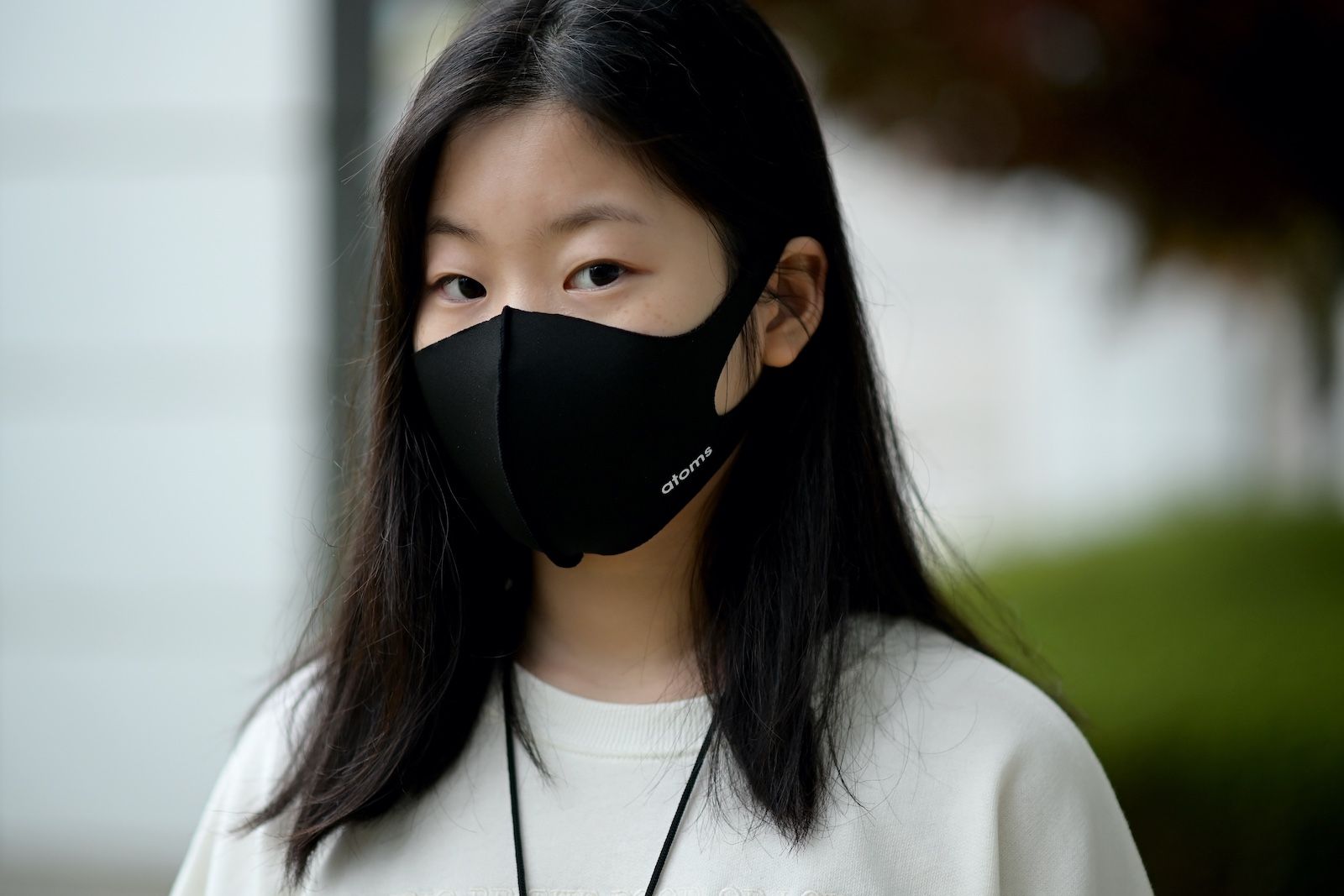
As a Filipino American, I’ve been subjected to more racism than usual since the pandemic took grip on the world a year ago. I was in Paris for fashion week when I noticed that people would raise their eyebrows and even mutter “Corona” as I coughed. I have been told that since I’m Asian American, the racism I’ve encountered is “not as bad” as everyone else. I have also been called “model minority” countless times in some form or another, when my formative years were anything but that of a “model minority.”
Since COVID-19 plagued the United States, crimes against Asian-Americans are on the rise, some say anywhere from 150 percent from 2019, according to California State University’s Center for the Study of Hate and Extremism, to 1900 percent, according to data from the NYPD.
When his family called the police after he was experiencing a mental health episode — Angelo Quinto, a 30-year-old Filipino military veteran from Antioch, California — his family said a police officer kneeled him on the neck for five minutes. Quinto never regained consciousness after that. He died three days later. Last fall in New York, an Asian man punched and choked in Chelsea after parking his car. In another instance just last month, a 30-year-old Korean woman was randomly attacked as a car drove by and the assailants aimed pepper spray at her face.
Asian Americans, including myself, are no longer going to sit back as people judge our experiences as being lesser because we’re supposed to be a “model minority.” Racism hurts everyone. Do you want to understand? Do you want to help? Here are some things you can do to help:
LISTEN When we say we’ve suffered from racism, don’t automatically assume that our experiences hurt less, or that people treat us as if we were white. Talk to people in your network who are Asian. Ask them about their experiences, how they made them feel, and most importantly — listen.
DON’T CALL US “MODEL MINORITY.” Sociologist William Peterson coined the term “Model Minority” in a 1966 New York Times Magazine article that described Asian-Americans as an ethnic group that has acheived success in the face of marginalization. If that’s the case, why, according to the Urban Institute, do 13 percent of Asian senior citizens live in poverty while the national rate is nine percent? Our lives aren’t as easy as you assume.
DONATE Donate your money to organizations that are helping to educate and prevent crimes against Asian Americans. Some are AAPI Women Lead, Stop AAPI Hate, Asian Americans for Equality, and the AAPI Community Fund.
EDUCATE YOURSELF Take it upon yourself to learn about the Asian-Amerian experience. Despite being from the same continent, China, Japan, Korea, the Philippines, Vietnam, Cambodia, and all the other Asian countries have very different cultures and beliefs. Read books like Yellow Peril!: An Archive of Anti-Asian Fear, Minor Feelings: An Asian-American Reckoning, The Karma of Brown Folk, Yellow: Race in America Beyond Black and White, and We Gon’ Be Alright: Notes on Race and Resegregation. Watch the PBS documentary series Asian Americans.
VOLUNTEER Help out the Asian community by volunteering to escort Asian senior citizens through organizations like Compassion in Oakland and Chinatown Block Watch in New York.
PROTEST Call, email, or Tweet at the Antioch Police Department, and ask them to rethink their policies and investigate Angelo Quinto’s death. Participate in protests that are going around across the country. Use your voice on social media to stand up for the Asian-American community.